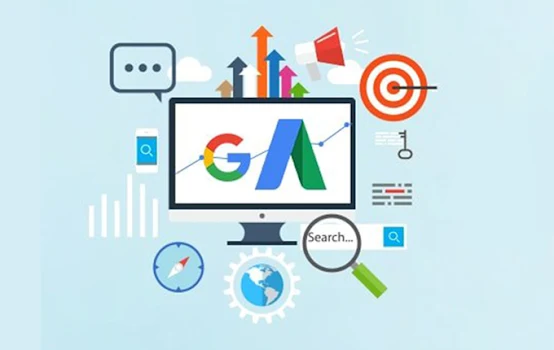Digital Marketing or Online Marketing :
In short Marketing any product via online is digital marketing.
Any advertising through any media is also called digital marketing.
A Digital Marketer shapes the strategy for Digital Space for a brand by Developing, Implementing, and Managing Marketing Campaigns to promote the products or services of a company and create brand awareness.
Most people click for the top 3 or 5 results as people never have the patience to look for all the results pages and your result may be in the 80's or 90's page where people definitely never look for it right.

i.e. SEO is a technique that helps the search engine to find and rank your site higher than the millions of other sites in response to a search query. its is also refers to the collection of techniques and practices that allow a site to get more traffic from search queries.
Your result will come on top of SERP by following some of the SEO techniques, i.e., on-page and off-page optimization techniques. It can't be achieved within a day but depends on the demand for the keyword used and the completion of the business which can be achieved within a month, 2 months, or a year.
So suppose your website takes 6 months to get optimized in SERP, at that time we can't lose any business right, so we can go for Google AdWords.
Google Adwords :
It is an online advertising tool that helps businesses connect with their customer. You create your online ad, tell AdWords who you want to reach, and AdWords brings your ad to them.
These people pay for Google to use that space to show their ads. On what basis do they make money, Cost per click (CPC). Only when someone clicks your ad only he have to pay.
For example, if five people are paying money then which guys have the more chances of clicking the ads? the first one right. If everyone paying money why do these guys come on top? Because the first guy is paying more, apart from that there are several other factors. Here it is based on bidding, but it's not an open bidding it's a closed bidding google keeps it secret. Other guys won't know how much he is bidding.
For example, I'm bidding for 1 rupee and you for 10 rupees, and you win and your ad shows on top, and I'm second, but how much do you have to pay 8.90 rupees?
How do I know how much you spend on ads to show your ad on top, which can't be predicted, and it's done by Google, and it depends on the Bid and Quality score. Let's talk about it later in detail.
So, using Adwords, you can show your ad on Websites, YouTube, and Mobile Apps using the ad placement section provided by Google AdWords based on your product services. Which is automatically shown to the related websites and apps where people are looking for brand awareness.
The main purpose of Google AdWords is for brand awareness, which shows your customized ads in various channels depending on your requirements. Whereas Google AdSense is used to earn money online by placing third-party ads on your website and blogs. Both these methods are handled by Digital marketers.
Social media Optimization(SMO) and Social media marketing(SMM)
So I will share the techniques on how to reach your post to all your friends. For this, you have to create a Facebook page and there is an option as Insight its a summary of all your page activities and can keep track of all posts you managed and concentrate on each category available in it, such as reach, page views, demographically info of people, post summary, etc. Based on that you can keep track of each activity on your Facebook page.
As in Google ads, there are also Facebook ads available which can be promoted as sponsored ads which we usually see on our Facebook pages. Similarly, it is same is applicable to Twitter, LinkedIn, Instagram, etc.


















